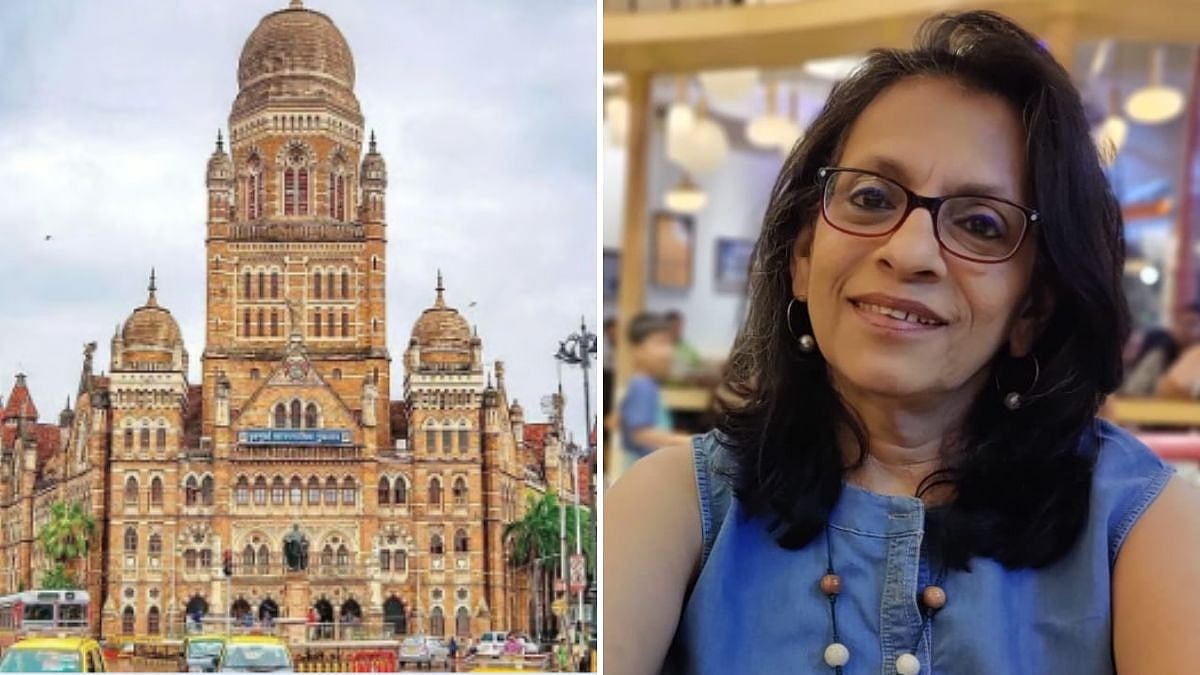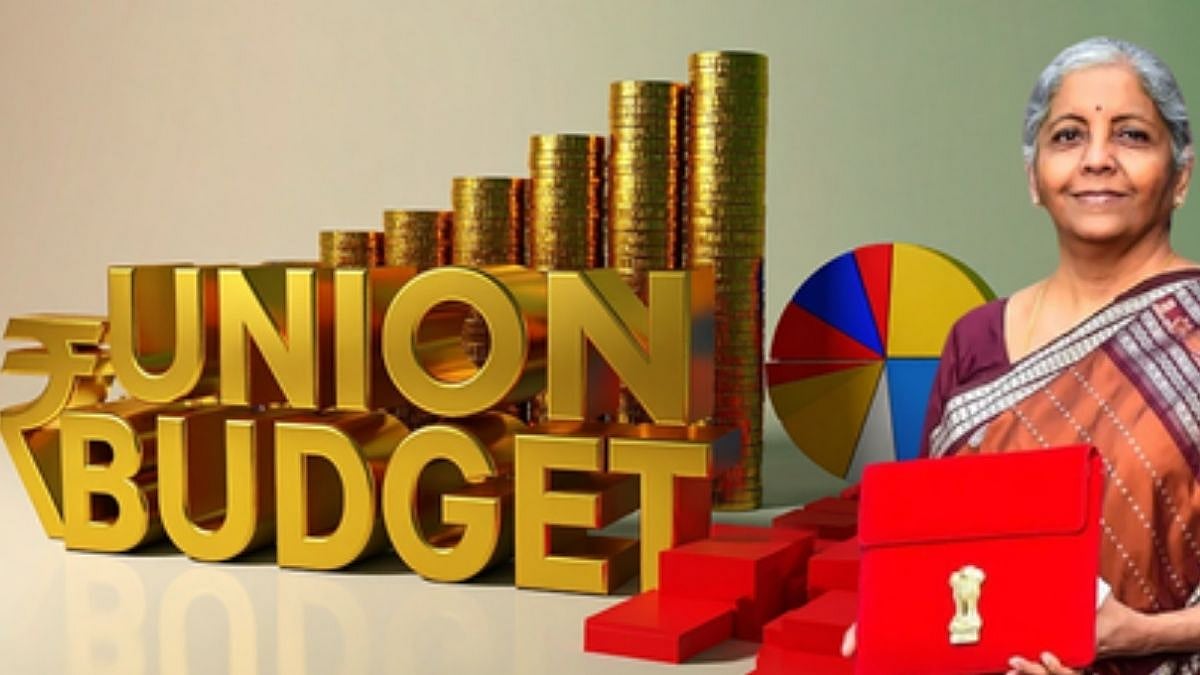Once again, the pursuit of peace and cooperation among nations in South Asia has become more elusive than ever before.
Having been a victim of terrorism itself, the US, as a world leader, should have come down heavily against Pakistan after the latest Pahalgam terror attack on April 22. However, much to India’s disappointment, President Donald Trump described the latest India-Pakistan conflict as going on “for a thousand years”, which will be sorted out by the two nations themselves.
Following the abrupt ceasefire on May 10, for which he repeatedly took credit, President Trump praised Pakistan for being a frontline state in counter-terrorism. He invited the newly elevated Field Marshal Asim Munir to lunch at the White House and, within days, escalated the tariff war with India, which, he disparagingly said, had a “dead economy”. In the same breath, he spoke of an oil exploration deal with Pakistan, further taunting India by saying that someday India might purchase oil from Pakistan.
Over the last 75 years, the US has stood firmly by the side of Pakistan, no matter what. In 1998, Pakistan became the first Islamic state to acquire a nuclear weapon, right under the nose of the United States. Had the ‘Father of the Pakistani Nuclear Bomb’, Dr AQ Khan, had his way, he would have successfully sold this technology clandestinely to other Islamic states, notably Libya, till the US got into action and brought things to a halt.
In 1971, Pakistan was unashamedly committing genocide against its own people in East Pakistan, and more than a million refugees had poured into West Bengal. The then US president Richard Nixon not only refused to rebuke Pakistan but also threatened India by dispatching the US Navy’s Seventh Fleet to the Indian Ocean to pressurise New Delhi against military intervention. Destiny, however, favoured the dismemberment of Pakistan and the birth of a new nation, Bangladesh.
What is it that makes Pakistan especially attractive to the Great Powers? Bordering Afghanistan and Iran and serving as a gateway to Central Asia, the Pakistani port city of Gwadar opens out to the Gulf of Oman—a strategic sea route for global oil supply from the Persian Gulf. It is this geography which gives Pakistan critical significance in geopolitics, blinding the US into supporting Pakistan one way or the other.
Throughout its brief history, the military dictators of Pakistan have suppressed democracy at home and pursued ruinous policies, which not only broke their country into two but also led to repeated wars against India, all of which it lost. Although the US calls itself a champion of democracy, it has always favoured and supported Pakistani dictators because it believes that the dictators—and not democratically elected leaders—can firmly hold Pakistan together.
The US has unhesitatingly pumped billions of dollars of arms and aid into Pakistan because it has been critical to US interests, such as driving out the Soviet Army from Afghanistan with the help of the Taliban, closely monitoring developments in Iran, and facilitating the historic breakthrough with China in 1971.
Alongside, the China-Pakistan friendship has steadfastly strengthened over time. In the late 1970s, it was Dr Khan who helped the Chinese nuclear enrichment programme with European centrifuge designs, which he had smuggled out of Europe. In return, the Chinese helped Pakistan with the nuclear bomb and have been Pakistan’s biggest arms supplier.
After the nuclear bomb, the China-Pakistan Economic Corridor (CPEC) is perhaps the most ambitious bilateral project of the two nations. Originating in Xinjiang, this 3,000 km highway runs through Gilgit-Baltistan in Pakistan-occupied Kashmir (PoK) and the rest of Pakistan before culminating in the Gwadar Port, giving China critical access to the Gulf waters.
Pakistan’s recent conflict against India has not only reinforced its ties with China but, clearly, further emboldened Islamabad. The other Great Power, the US, virtually patted Pakistan on its back for ‘behaving like a good boy’. Turkey has entered the South Asia conflict zone, and the ISI can now be expected to become overactive in Bangladesh.
By no stretch can Pakistan be expected to renounce its animosity against India post-Sindoor. In fact, Pakistan’s strategic significance to the US and China in today’s multipolar world is in full bloom, and this needs to be fully appreciated in India.
When Defence Minister Rajnath Singh repeatedly says that India will reclaim PoK, one way or the other, and when External Affairs Minister S. Jaishankar says that the return of PoK is the only issue to be discussed with Pakistan, they are not only promoting jingoism but also selling a fantasy to the people of India.
The first India-Pakistan war in 1947-48 resulted in the creation of PoK, and the ceasefire led to the Line of Control (LoC). This LoC has served as the de facto international border between the two countries since then. Converting this LoC into an India-Pakistan international border has long been accepted, by many think tanks, as a lasting solution to the K-dispute.
Till that happens, India needs to focus on strengthening her economy, other capabilities, national unity, and social harmony. There cannot be a better answer to a belligerent Pakistan.
The author is a journalist and works for a policy research think tank. He tweets at @abhay_vaidya









